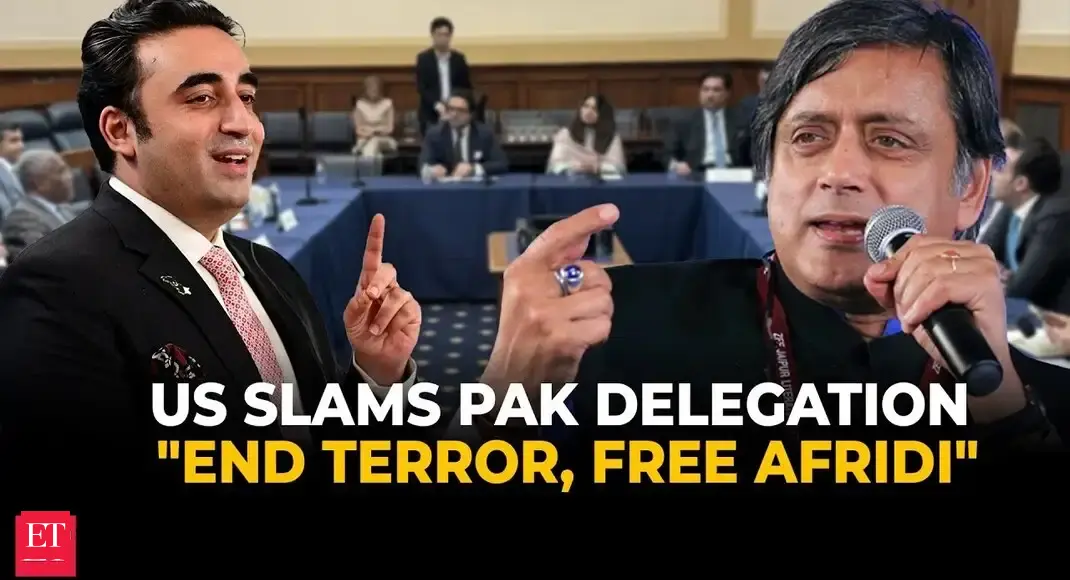

A Pakistani delegation, led by Bilawal Bhutto Zardari, recently faced a stern message from US Congressman Brad Sherman regarding Pakistan's role in combating terrorism. The incident occurred during the delegation's visit to Washington, D.C., timed alongside a visit from an Indian parliamentary delegation led by Shashi Tharoor. Sherman's remarks put the Pakistani delegation in an uncomfortable position, highlighting the ongoing concerns about Pakistan's commitment to eradicating terrorist groups operating within its borders.
Sherman specifically called on Pakistan to eliminate Jaish-e-Mohammed (JeM), a terrorist group responsible for numerous attacks, including the 2002 murder of Wall Street Journal reporter Daniel Pearl. Sherman emphasized that Pearl's family continues to reside in his district, underscoring the personal connection and the enduring impact of JeM's violence. He stated that Pakistan should do everything in its power to eliminate this "vile group" and combat terrorism in the region.
Beyond JeM, Sherman also raised concerns about the protection of religious minorities in Pakistan. He stressed that Christians, Hindus, and Ahmadiyya Muslims must be allowed to practice their faith and participate in the democratic system without fear of violence, persecution, discrimination, or an unequal justice system. This call for religious freedom highlights the broader issues of human rights and inclusivity within Pakistan.
Adding to the pressure, Sherman also urged the Pakistani delegation to advocate for the release of Dr. Shakil Afridi, a Pakistani physician imprisoned for assisting the CIA in locating Osama bin Laden. Afridi's imprisonment has long been a point of contention between the US and Pakistan, with many in the US viewing him as a hero who helped bring a notorious terrorist to justice. Sherman described freeing Afridi as "an important step in bringing closure for victims of 9/11."
The timing of the Pakistani delegation's visit coincided with that of an Indian delegation led by Shashi Tharoor, which was in Washington to brief US officials on India's "Operation Sindoor" and its response to terrorism following a recent terror attack. This juxtaposition amplified the scrutiny on Pakistan's counter-terrorism efforts and its international standing on the issue. Pakistan, on its part, has been sending delegations to various countries to affirm its stance against terrorism, a move mirroring India's global outreach.
The US lawmaker's direct message to the Pakistani delegation underscores the continued skepticism and pressure Pakistan faces from the international community regarding its commitment to fighting terrorism. Despite repeated assurances from Pakistani officials, concerns persist about the presence and operations of terrorist groups within the country's borders. The incident serves as a reminder that Pakistan must take concrete and verifiable steps to address these concerns to improve its relations with the US and the broader international community.